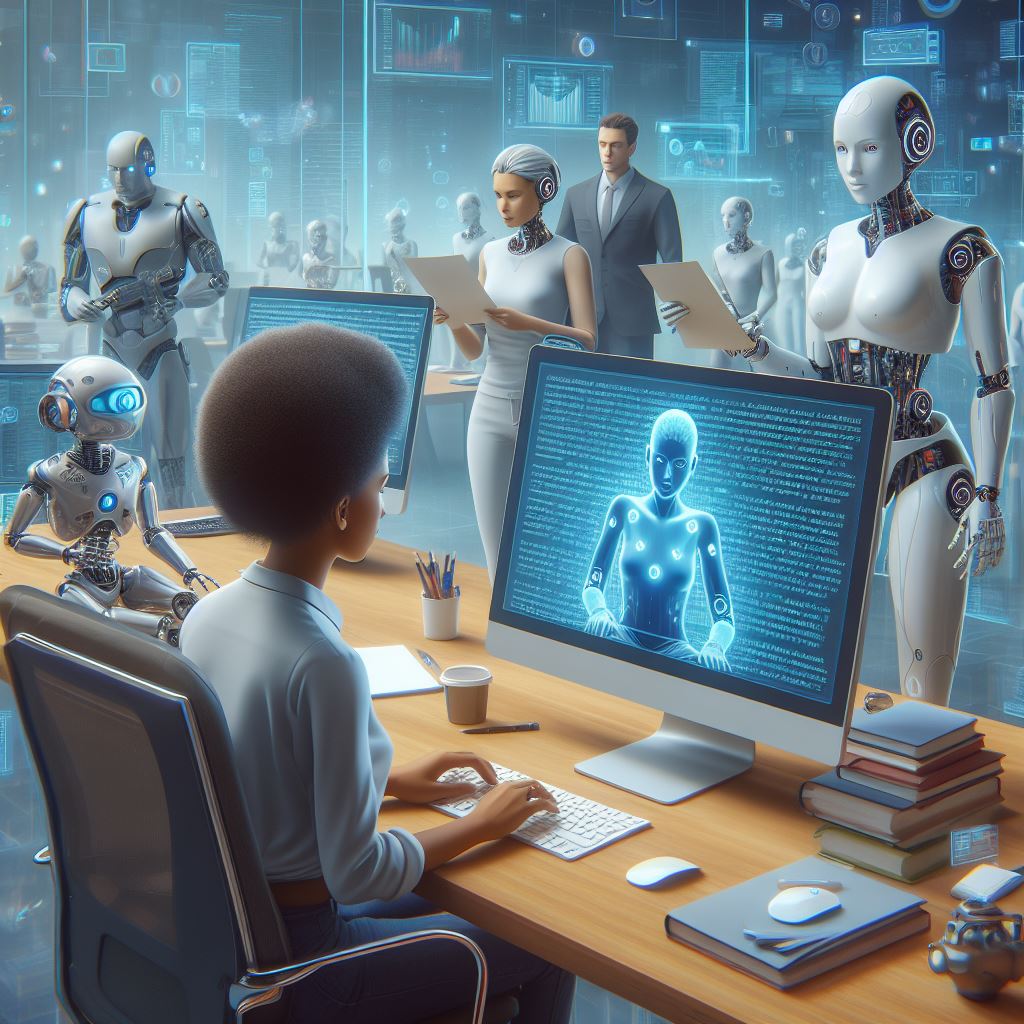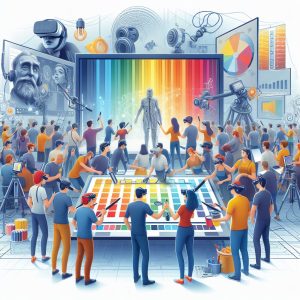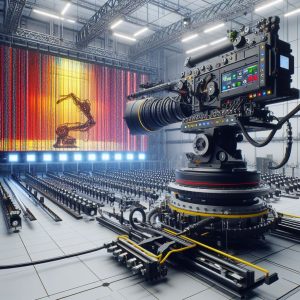Introduction:
In the ever-evolving world of storytelling, screenwriters have long held the reins of creativity, crafting compelling narratives that captivate audiences worldwide. However, the advent of artificial intelligence (AI) is introducing a new dimension to the art of screenwriting, promising to revolutionize the way stories are conceived, developed, and brought to life.
AI’s Role in Screenwriting:
AI technology is rapidly transforming industries across the board, and the film industry is no exception. AI-powered tools and applications are emerging that assist screenwriters with various aspects of their craft, from generating ideas and outlining stories to developing characters and dialogue.
- Story Generation:
AI can generate novel and intriguing story ideas, freeing up screenwriters to focus on refining and expanding upon these concepts. This can be particularly useful for breaking through creative blocks or exploring unfamiliar genres.
- Structural Outlines:
AI can analyze existing scripts and identify effective story structures, providing screenwriters with a solid framework to build upon. This can help streamline the writing process and ensure that the narrative flows smoothly.
- Character Development:
AI can generate fleshed-out character profiles, including personality traits, motivations, and backstories. This can help screenwriters create well-rounded and authentic characters that resonate with audiences.
- Dialogue Generation:
AI can generate natural and believable dialogue that captures the nuances of human speech. This can be especially helpful for writing dialogue in unfamiliar dialects or accents.
- Feedback and Analysis:
AI can provide feedback on scripts, identifying areas for improvement and suggesting alternative approaches. This can help screenwriters refine their work and ensure that it is polished and ready for production.
Benefits of AI Collaboration:
The integration of AI into screenwriting offers several benefits for both aspiring and established screenwriters:
- Increased Efficiency:
AI tools can automate repetitive tasks, such as research and formatting, freeing up screenwriters to focus on the creative aspects of their work. This can lead to increased productivity and faster turnaround times.
- Enhanced Creativity:
AI can spark creativity and help screenwriters overcome writer’s block by providing fresh perspectives and unexpected ideas. This can lead to more original and engaging stories.
- Real-Time Feedback:
AI can provide immediate feedback on scripts, allowing screenwriters to make informed revisions while the creative spark is still fresh. This can significantly improve the quality of the final product.
- Collaboration and Learning:
AI can serve as a collaborative partner, allowing screenwriters to explore different approaches and learn from the feedback it provides. This can help them refine their craft and develop new skills.
Challenges and Future Prospects:
While AI holds immense promise for the future of screenwriting, several challenges need to be addressed:
- Ethical Considerations:
The use of AI in screenwriting raises ethical concerns, including the potential for job displacement and the need to ensure that AI-generated content is original and not plagiarized.
- Limited Emotional Intelligence:
Current AI technology still lacks the emotional intelligence and cultural understanding to fully capture the human experience. This can make it challenging for AI to create authentic and emotionally resonant stories.
- Bias and Fairness:
AI systems can inherit and amplify biases from the data they are trained on. This can lead to unfair representations of certain groups or individuals in AI-generated content.
Conclusion:
The fusion of AI and screenwriting is a dynamic and rapidly evolving field. As AI technology continues to advance and overcome these challenges, we can expect to see even more transformative applications of AI in the world of storytelling. Screenwriters who embrace AI collaboration will be at the forefront of this revolution, crafting narratives that are not just entertaining but also thought-provoking and impactful. In the years to come, AI is set to become an indispensable tool for screenwriters, empowering them to unlock their full creative potential and create stories that captivate and inspire audiences for generations to come.



